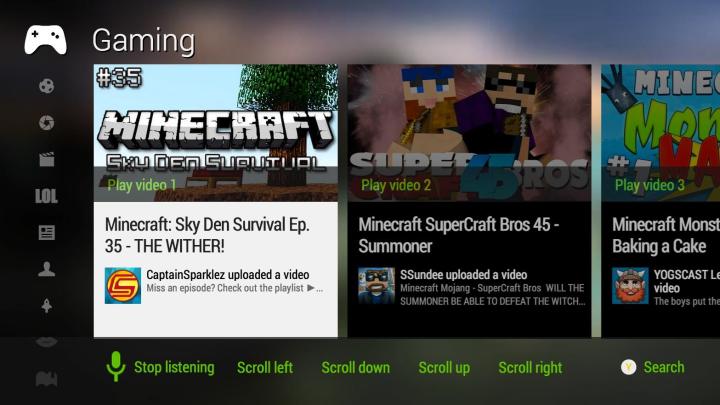
Microsoft and Machinima are the targets of raised eyebrows with the revelation of an Xbox One promotional campaign that awarded extra money to YouTubers – in the form of an extra $3 CPM (roughly, cost per thousand pageviews) – for cheerleading the new console. The terms of the promotion require the user to post a video that includes at least 30 seconds of Xbox One gameplay footage and some mention of the console by name, according to Ars Technica. An allegedly leaked copy of the associated legal agreement from a Machinima email relating to the promotion further notes that the video’s creator “may not say anything negative or disparaging about Machinima, Xbox One, or any of its Games.” More importantly, the details of the promotional agreement must remain undisclosed in order to qualify for payment.
That last point is where things get tricky. The Federal Trade Commission (FTC) guidelines governing the way endorsements and testimonials can be used in advertising is very clear on the need for disclosure in a variety of situations. This passage is particularly relevant here: “When there exists a connection between the endorser and the seller of the advertised product that might materially affect the weight or credibility of the endorsement (i.e., the connection is not reasonably expected by the audience), such connection must be fully disclosed.”
In this case, Microsoft is the “seller of the advertised product” and a participating YouTube user is the “endorser.” There’s a connection between the two as a result of the promotion’s terms, but the secrecy enforced by the associated legal agreement seems to run counter to the FTC’s disclosure requirements. The question is: does the extra money being offered threaten to “materially affect the weight or credibility of the endorsement”?
The promotion only extends to the first 1.25 million video views overall, which means that no more than $3,750 in total could be paid out to the assorted video creators. If those views split evenly across 10 video creators, the payout for each would be $375. With 100 creators and an even split, it’s $37.50 apiece, and $3.75 apiece for 1,000. Ultimately, there’s not a large amount of money being offered here. What’s more, there’s no way for a video creator to know in advance how many views a particular video will draw. Legal experts looking at this situation would have to determine whether or not all of these factors create a disclosure requirement.
There’s less of a grey area in the leaked legal agreement’s non-disclosure clauses. It’s possible that the legal minds at Microsoft and Machinima are attempting to capitalize on a loophole, but barring video creators from disclosing the terms of the agreement – specifically the fact that they stand to receive money in exchange for a non-negative product endorsement – seems to directly counter the FTC’s disclosure guidelines. The FTC defines an endorsement as “any advertising message (including verbal statements, demonstrations, or depictions of the name, signature, likeness or other identifying personal characteristics of an individual or the name or seal of an organization) that consumers are likely to believe reflects the opinions, beliefs, findings, or experiences of a party other than the sponsoring advertiser.” It’s hard to argue that a pro-Xbox One YouTube video sponsored in part by Microsoft doesn’t fall under that umbrella.
For you, the reader (and the intended audience for these videos), it’s enough to simply be aware of what’s going on for now. This approach to marketing is in its infancy. YouTube and other user-curated video-streaming services continue to be a developing quantity, and even common-sense legal guidelines governing how products can be promoted in those spaces needs time to develop. User reviews have proven to be a very powerful resource on the Internet, but as marketers figure out how to “game” such things – which we’re seeing here – we’re going to have to figure out how to start answering the inevitable questions that surface.


